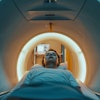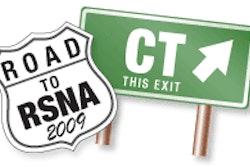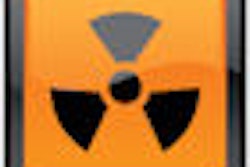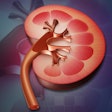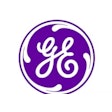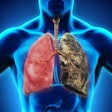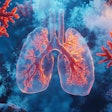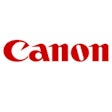Sunday, November 29 | 11:15 a.m.-11:25 a.m. | SSA09-04 | Room E351
Citing concerns about the risk of thyroid dysfunction in newborns after they are exposed in utero to iodinated contrast media, researchers from Warren Alpert Medical School of Brown University in Providence, RI, tested contrast-exposed neonates for answers.Their study identified 350 consecutive pregnant patients who had undergone CT pulmonary angiography for suspected pulmonary embolism, monitoring the newborns' corresponding thyroxine (T4) and thyroid-stimulating hormone (TSH) measurements obtained by the health department during routine newborn screening.
"The purpose of the study was to evaluate if a single exposure to iodinated contrast in utero has any effect on neonatal thyroid function," Dr. T. Claire Alleyne told AuntMinnie.com. "We chose to investigate this issue as there are limited studies currently available and given the extreme importance of thyroid hormone during fetal and neonatal life."
Infants' T4 levels were measured using the dissociation-enhanced lanthanide fluorescent immunoassay (DELFIA). TSH was drawn for all abnormal thyroxin levels and for those neonates with T4 levels that were within 10th percentile of the values, the authors reported. The results showed that all newborns had T4 levels that were appropriate for gestational age. Of the neonates that had TSH drawn, only one had an abnormal TSH reading at day 2, which resolved by day 6 without treatment.
"Despite theoretical concerns about the risk of neonatal thyroid dysfunction following in utero exposure to iodinated contrast media, the incidence is likely very low," the authors reported. The study was limited by its small sample size.

